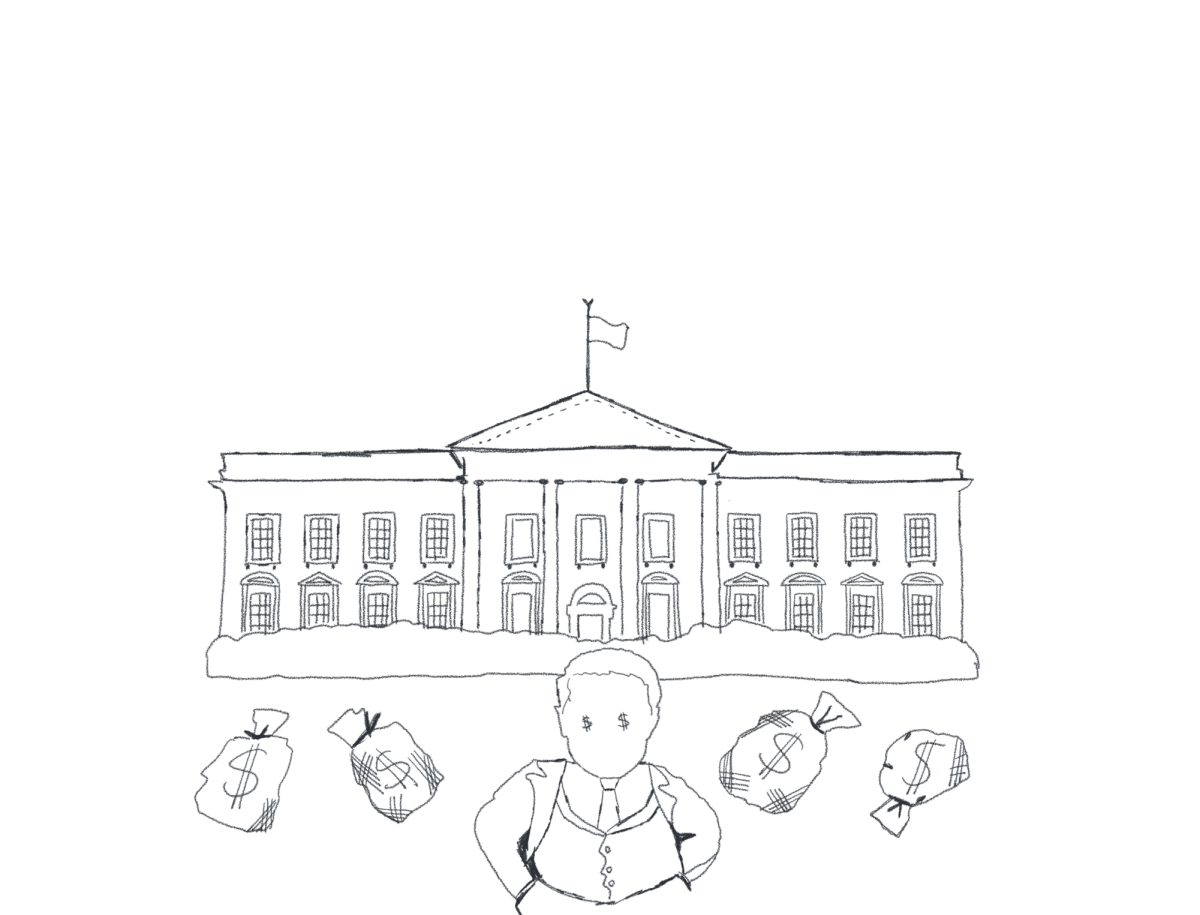In 2021, Dobbs v. Jackson Women’s Health Organization was brought to the Supreme Court of the United States. The court’s decision in the case has opened up the possibility for states to pass more restrictive abortion laws, and several states have already done so according to Oyez, an archive explaining Supreme Court decisions.
At the center of Dobbs is a Mississippi law that bans abortions after 15 weeks of pregnancy, with limited exceptions for medical emergencies or severe fetal abnormalities. The case challenged the constitutionality of the Mississippi law; however, Dobbs succeeded and has made laws, like those in Mississippi, legal. According to KFF, a healthcare information database, 22 states have abortion restrictions, 14 of which do not include exceptions for rape or incest. According to Vinson Ratcliffgardy, a LASA junior, restricting abortions as a whole is not the best way to approach the polarized issue.
“On moral grounds, I would say that Dobbs v. Jackson was a good idea, though I would not say that I support all of the state’s abortion restrictions because some of them are illogical,” Ratcliffgardy said. “The without exception rule is … just ridiculous because the health of the mother should be prioritized.”
Zack Gingrich-Gaylord is the communications director of Trust Women, an organization founded in 2009 that focuses on opening abortion clinics in underserved communities. According to the Trust Women mission statement, the organization seeks to allow everyone to make decisions about their own individual healthcare needs.
“Right now 80% of the patients that we’re seeing in Wichita are coming from out of state, so what we’re seeing is people traveling further, and people are often delayed in accessing their care because they don’t have meaningful local access, meaning some of those people’s experiences may be worse by the time that they get to that care,” Gringrich-Gaylord said. “So the patients we’re seeing are sicker on average. They’re having more complicated health experiences because they weren’t able to access timely abortion care in their communities.”
According to Gingrich-Gaylord, there are complications with exceptions when it comes to passing abortion legislation. This is because often exceptions must be decided by doctors, which often puts them under undue pressure.
“Often time exceptions are a good way to get a total abortion ban passed because they make it seem as if people would be able to access those exceptions but, like we see in many of these states, the doctors are unclear on when they can invoke an exception,” Gringrich-Gaylord said. “We don’t believe that exceptions are any better than a total ban. They make what is an effective total ban more palatable to the people. People cannot access them, they are essentially a myth.”
Joe Pojman is the executive director of Texas Alliance for Life, a nonprofit that opposes abortions, except to preserve the mother’s life. According to Pojman, the Texas Alliance for Life strongly supports the Texas Human Life Protection Act, which states under Section A170A.002 that an abortion may not be knowingly performed, induced, or attempted unless to save the life of the female or the fetus.
“[The Act] went into effect shortly after the Supreme Court overturned Roe v. Wade in the Dobbs decision,” Pojman said. “It also protects babies who are conceived in rape, and we agree with that policy because when a woman is raped or a victim of incest she is truly a victim, but if that act results in the conception of an unborn baby, that baby is a victim as well, and that baby is deserving of protection.”
The Human Life Protection Act has a narrow health exception, which would restrict abortion outside of saving the woman’s life, according to Pojman. LASA junior Renee Breaux strongly opposes the act and believes that limiting rights to abortion cuts off the opportunities for people to control their own healthcare.
“I think that everyone should have a right to their bodies and I think that people who don’t like abortion don’t realize how invasive and often traumatizing giving birth can be,” Breaux said. “I think a lot of people have a skewed perception of the American healthcare system.”
According to Breaux, abortion laws are extremely relevant to transgender individuals. Transgender individuals, such as Breaux, are impacted differently by pregnancy and birth, which can have negative effects on their mental health.
“I am a transgender man, and I think giving birth would fundamentally ruin me,” said Breaux. “It would destroy my sense of self and wreck me as a person.”
Depending on the state, there can be different exceptions made pertaining to health conditions, incest, or rape. According to Breaux, exceptions are especially important, since many children who are biologically able to get pregnant are not fit to bear children.
“I think that [outlawing abortion without exception] is horrible,” Breaux said. “Some women and AFAB (assigned female at birth) people go through puberty very early, like I was able to get pregnant at the age of eight, and some people get their periods as early as seven or eight. A seven or eight-year-old body is not capable of bearing a child, and I think forcing a child to bear a child is immoral.”





